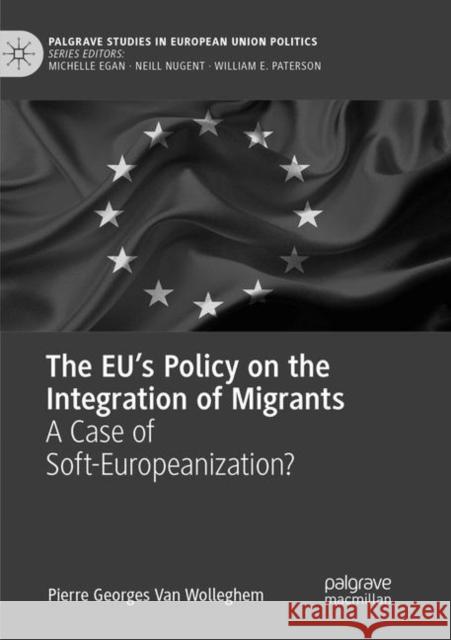The Eu's Policy on the Integration of Migrants: A Case of Soft-Europeanization? » książka
topmenu
The Eu's Policy on the Integration of Migrants: A Case of Soft-Europeanization?
ISBN-13: 9783030073893 / Angielski / Miękka / 2019 / 236 str.
The Eu's Policy on the Integration of Migrants: A Case of Soft-Europeanization?
ISBN-13: 9783030073893 / Angielski / Miękka / 2019 / 236 str.
cena 307,69 zł
(netto: 293,04 VAT: 5%)
Najniższa cena z 30 dni: 306,26 zł
(netto: 293,04 VAT: 5%)
Najniższa cena z 30 dni: 306,26 zł
Termin realizacji zamówienia:
ok. 20 dni roboczych.
ok. 20 dni roboczych.
Darmowa dostawa!
Kategorie BISAC:
Wydawca:
Palgrave MacMillan
Seria wydawnicza:
Język:
Angielski
ISBN-13:
9783030073893
Rok wydania:
2019
Wydanie:
Softcover Repri
Numer serii:
000510492
Ilość stron:
236
Waga:
0.31 kg
Wymiary:
21.01 x 14.81 x 1.35
Oprawa:
Miękka
Wolumenów:
01
Dodatkowe informacje:
Wydanie ilustrowane











